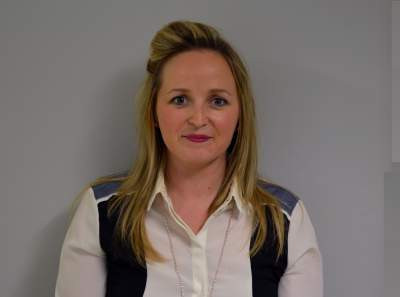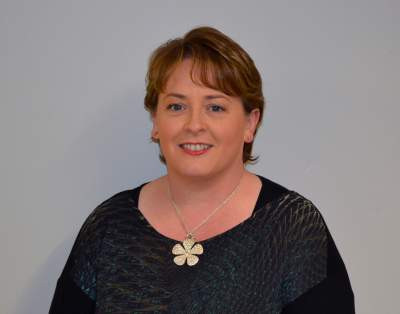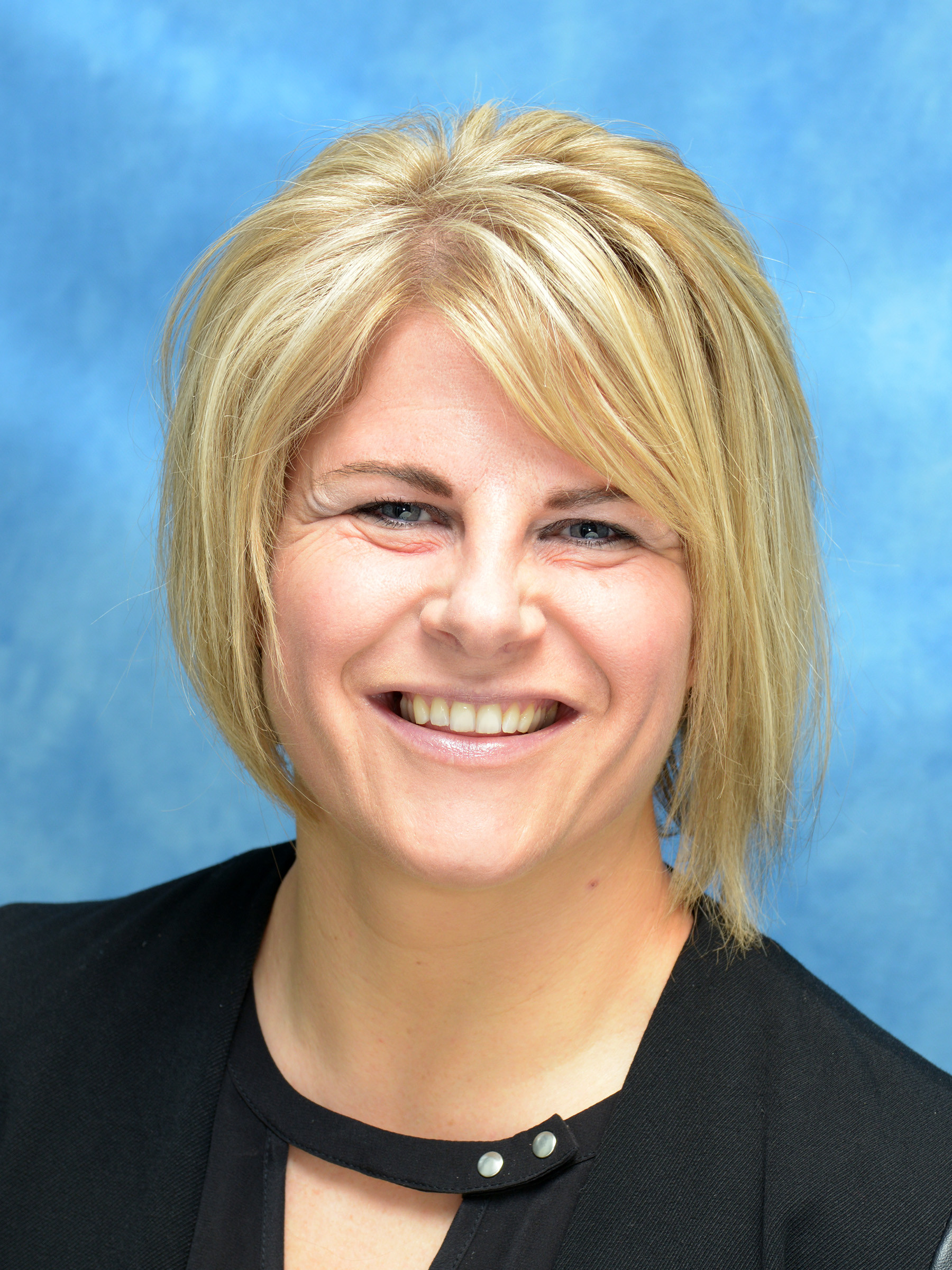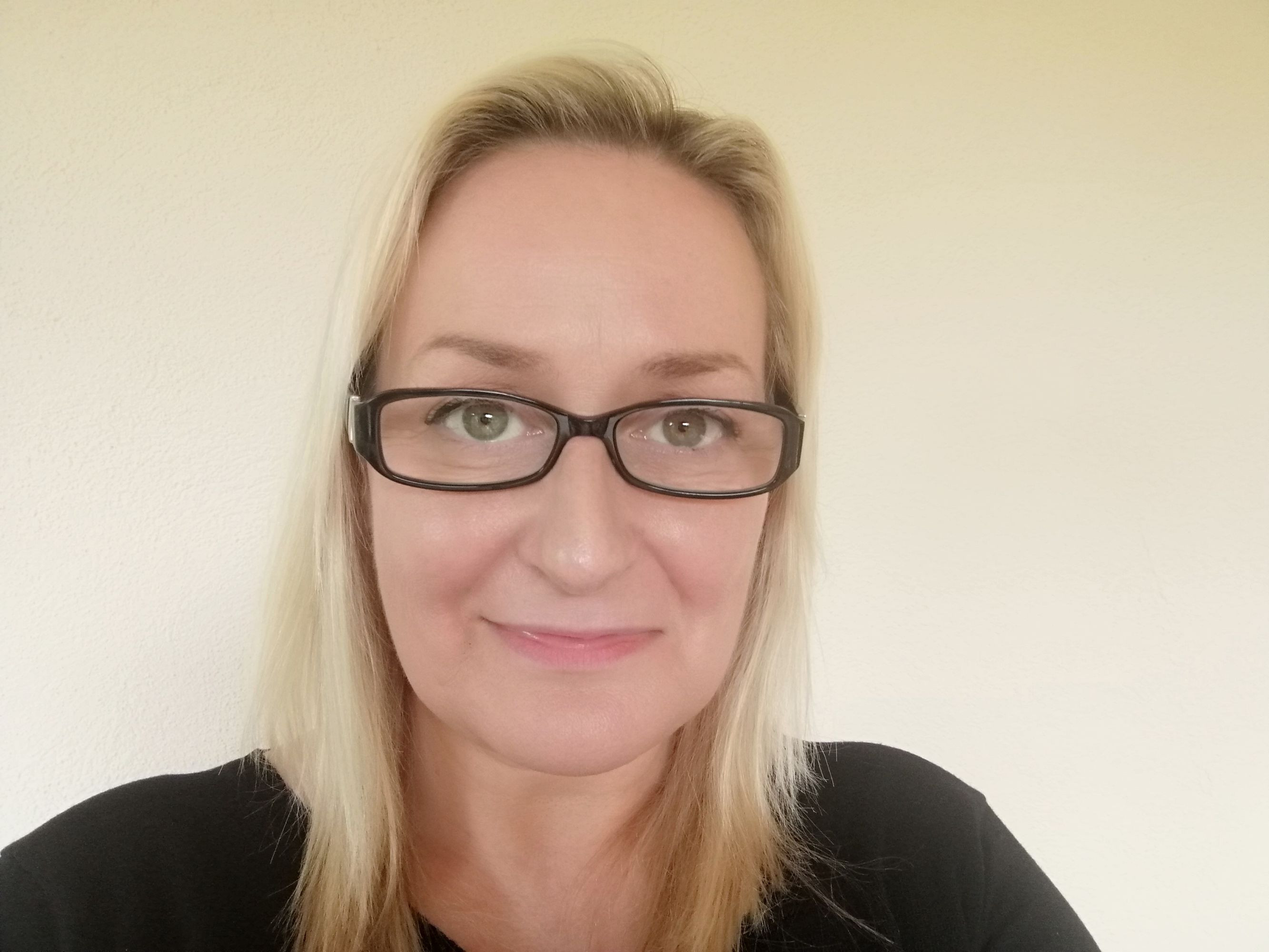Package summary
Start Date
End Date
Courses
Notes
Courses in package
An Introduction to Gestalt Language Processing
Event summary
Date
Start Time
End Time
Webinar Online,
Booking closes
An Introduction to Gestalt Language Processing
Gestalt language processing is one of two ways to process and develop language.
Analytical language processing is often thought of as the usual way develop language, using words first, then building these in to sentences.
Children who use gestalt language development process language in whole “chunks” or “strings of sounds” instead of processing single words in the early stages of language development. These “chucks” are often called echolalia and are in essential part of language development for gestalt language processors.
Almost all autistic children are gestalt language processors.
In this webinar, we will explore
Analytical versus gestalt language development
Language development in autism, including non-speaking children.
Supportive practice for gestalt language processors
Considerations for AAC
Notes
Location
Webinar Online
Get DirectionsAutism and Managing Worries
Event summary
Date
Start Time
End Time
Webinar Online,
Booking closes
Autism and Managing Worries
Autistic children and young people are more likely to experience anxiety than their non-autistic peers, this anxiety can also be experienced more intensely and more often than other children. Managing anxiety includes identifying anxiety triggers and recognising anxious feelings. It is also important that we develop supports for managing anxiety, this often includes relaxation techniques, use of structured environments and visual practices. Supportive practices to help your child or young person manage his or her worries can be an effective anxiety management tool. This includes techniques such as worry time and worry jars.
This training will
• Help to understand common worries experienced by autistic children
• Provide approaches to support children communicate and express their worries
• Offer increased understanding of concepts such as worry time and the use of worry jars
• Encourage how to support a child to release worries
Notes
Location
Webinar Online
Get Directions
Edel Quinn
Edel's main specialisms are in early intervention and delivering training in the implementation of visual strategies and behaviour. Edel is a Certified TEACCH Trainer with Division TEACCH, North Carolina. Edel has developed and delivered anxiety trainings and anxiety research projects to parents and professionals across Ireland. She has delivered at Autism and Mental Health Conference, NAS and the Autism Congress. Edel is an associate lecturer on the Post Graduate Autism Certificate with Mary Immaculate College, Limerick. Edel is working towards accreditation with BACP as a Cognitive Behaviour Therapist.
Autism and Emotional Regulation
Event summary
Date
Start Time
End Time
Webinar Online,
Booking closes
Autism and Emotional Regulation
This session will focus on key considerations when supporting emotional regulation for children and young people in the Post Primary environment. This training explores interoception as a key concept when supporting autistic students learning about their body signals and promoting regulation.
Participants will:
• Understand how to adapt or change the environment to support emotional regulation.
• Develop an understanding of how to individualise supports to suit the child or young person.
• Use a neurodiversity affirming approach to support development of self and co-regulation skills.
Notes
Location
Webinar Online
Get Directions
Edel Quinn
Edel's main specialisms are in early intervention and delivering training in the implementation of visual strategies and behaviour. Edel is a Certified TEACCH Trainer with Division TEACCH, North Carolina. Edel has developed and delivered anxiety trainings and anxiety research projects to parents and professionals across Ireland. She has delivered at Autism and Mental Health Conference, NAS and the Autism Congress. Edel is an associate lecturer on the Post Graduate Autism Certificate with Mary Immaculate College, Limerick. Edel is working towards accreditation with BACP as a Cognitive Behaviour Therapist.
Relationships and Sexuality Education for Autistic Students
Event summary
Date
Start Time
End Time
Webinar Online,
Booking closes
Autism and the Special School: Relationships and Sexuality Education
This session will examine the impact of puberty on autistic young people with co-existing learning difficulties. Participants will be shown how to incorporate a range of practices alongside visual supports to help autistic children and young people better understand some of the typical issues experienced during these years. The session will focus on content that is part of Relationships and Sexuality Education.
Notes
Location
Webinar Online
Get Directions
Majella Nugent
Majella’s training specialism is Relationship and Sexuality Education, Transitions and Special Education Needs. Majella has contributed to the development of the curriculum as a Professional Associate with CCEA for learners with MLD and co-ordinated specialist trainings including Transition to Higher Education (Ulster University and Trinity College Dublin), 16+ Education and Employment, and Sibling trainings. Majella is an Associate Lecturer on the Post Graduate Certificate with Mary Immaculate College Limerick.
Building and Maintaining Effective Relationships between Home, School, and Further Education Placements.
Event summary
Date
Start Time
End Time
Webinar Online,
Booking closes
Building and Maintaining Effective Relationships between Home, School, and Further Education Placements.
This training will provide participants with information on how to effectively foster and maintain effective relationships to benefit the autistic child or young person.
Real life examples will be used to demonstrate how both the knowledge and experience of both the professional and parent can be used to develop positive relationships, ensuring progress for the autistic child or young person. Claire will draw on her professional and parental experience and highlight strategies to help further develop these key relationships.
Expected Outcomes:
By the end of this training, participants will:
• Be empowered to channel their knowledge and skills to develop effective relationships with professionals.
• Develop their expertise by accessing a range of examples which illustrate how specific areas of concern were addressed and outcomes celebrated.
• Make use of new strategies and ideas to both foster and maintain these effective relationships.
Notes
Location
Webinar Online
Get Directions
Claire Smyton
Autism and Personal Care
Event summary
Date
Start Time
End Time
Webinar Online,
Booking closes
Personal Care
Some autistic children and young people are reluctant to engage in personal care activities due to increased anxiety. This anxiety can be caused by several factors including heightened sensitivity to the sensory input involved in the tasks, uncertainty of what is expected and difficulties in planning and sequencing the activities.
This training presentation will examine a range of personal care tasks, including
• hair washing,
• showering and
• teeth brushing.
Factors which can cause anxiety around these activities will be explained.
Suggestions will be made for accommodations and approaches to support the child or young person in engaging in these self-care tasks.
Notes
Location
Webinar Online
Get Directions
Dr Jo Fitzsimons
Her previous appointments have included Deputy Head of School and curriculum management roles.
Jo has also been involved in a wide range of International and European research projects and conferences over the past 17 years offering training, support and advice on various aspects of SEND practice.
Her specialist interests include sensory learning, autism and supporting children and young people with profound and multiple learning disabilities (PMLD).
